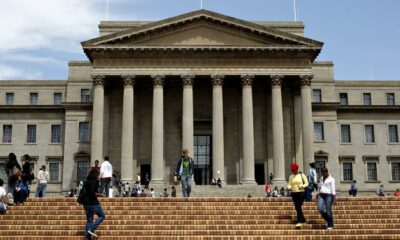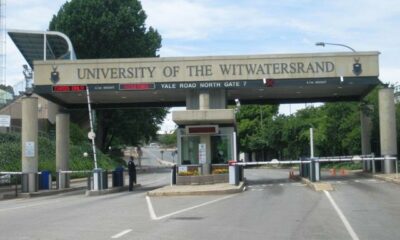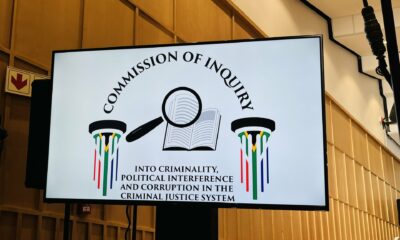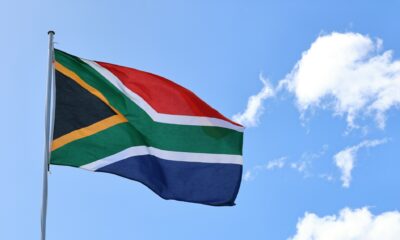News
UFS Bows to Student Pressure: Debt Policy Delayed After Protests
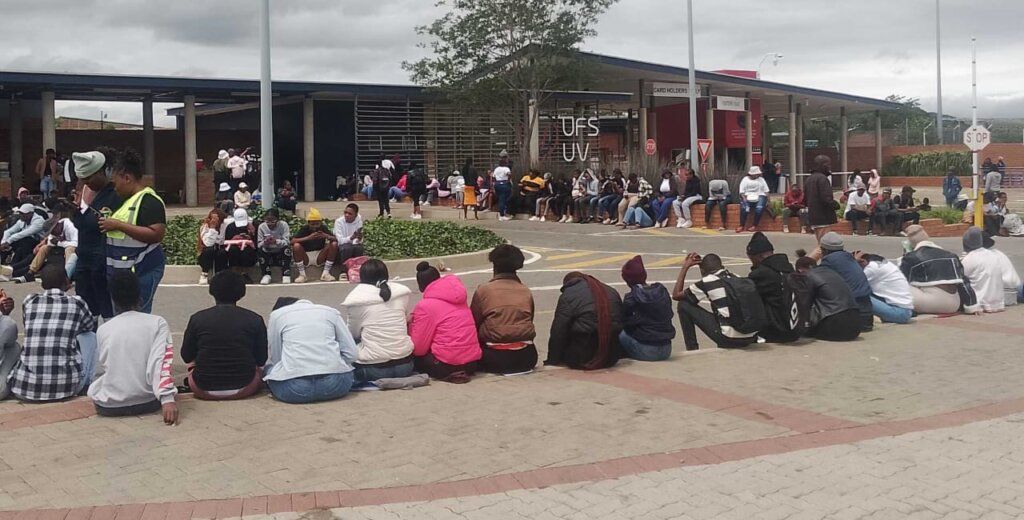
The University of the Free State (UFS) has backtracked on its plan to block students with outstanding fees from registering, following days of tense protests and campus disruptions. After urgent talks with student leaders, management has agreed to delay the new debt policy for two years a move that’s being hailed as a victory for student activism.
Protests Force A Rethink
It’s been a turbulent week at UFS’s QwaQwa campus, where students took to the streets to oppose the university’s decision to bar those with unpaid fees from even provisional registration. The policy, initially meant to take effect immediately, sparked anger among students who argued it would lock out thousands of financially struggling learners.
What began as a peaceful demonstration quickly escalated, with reports of property damage and an ongoing investigation into incidents of arson on campus. In response, management temporarily closed the QwaQwa campus while engaging with student representatives to find a resolution.
A Temporary Win For Students
The agreement reached on Thursday gives students with debt another year to register for the 2026 academic cycle. The full policy will only come into effect in 2027, giving both management and the student representative council (SRC) time to consult and find sustainable financial solutions.
UFS spokesperson Lacea Loader confirmed that staff at the Bloemfontein and South Campuses will be returning in a phased approach, while the QwaQwa campus remains under review. “Academic staff will return to campus in a phased approach as programme demands. The deans of our faculties will manage this process and communicate with students,” Loader said.
For now, QwaQwa students continue with online learning until it’s deemed safe to return to campus.
Wider Debate On Access To Education
The saga at UFS has reignited a long-running debate in South Africa about access to higher education and the growing debt crisis facing students. With many learners relying on NSFAS or limited bursaries, the threat of deregistration often fuels resentment and protest across campuses.
On social media, South Africans were quick to weigh in, with many commending the students’ persistence. “Students stood their ground, and management listened. This is what negotiation looks like,” one user posted on X (formerly Twitter). Others, however, urged calm, saying vandalism undermines legitimate calls for change.
What Happens Next
While the delayed policy offers temporary relief, the bigger question remains how can universities remain financially stable while ensuring education stays accessible? As the 2026 academic year approaches, both students and university leadership face the challenge of finding a middle ground between financial responsibility and inclusivity.
For now, UFS’s decision represents more than just an administrative delay. It’s a reminder that student voices, when united and strategic, still carry the power to reshape policy in South Africa’s ever-evolving higher education landscape.
{Source:EWN}
Follow Joburg ETC on Facebook, Twitter , TikTok and Instagram
For more News in Johannesburg, visit joburgetc.com

